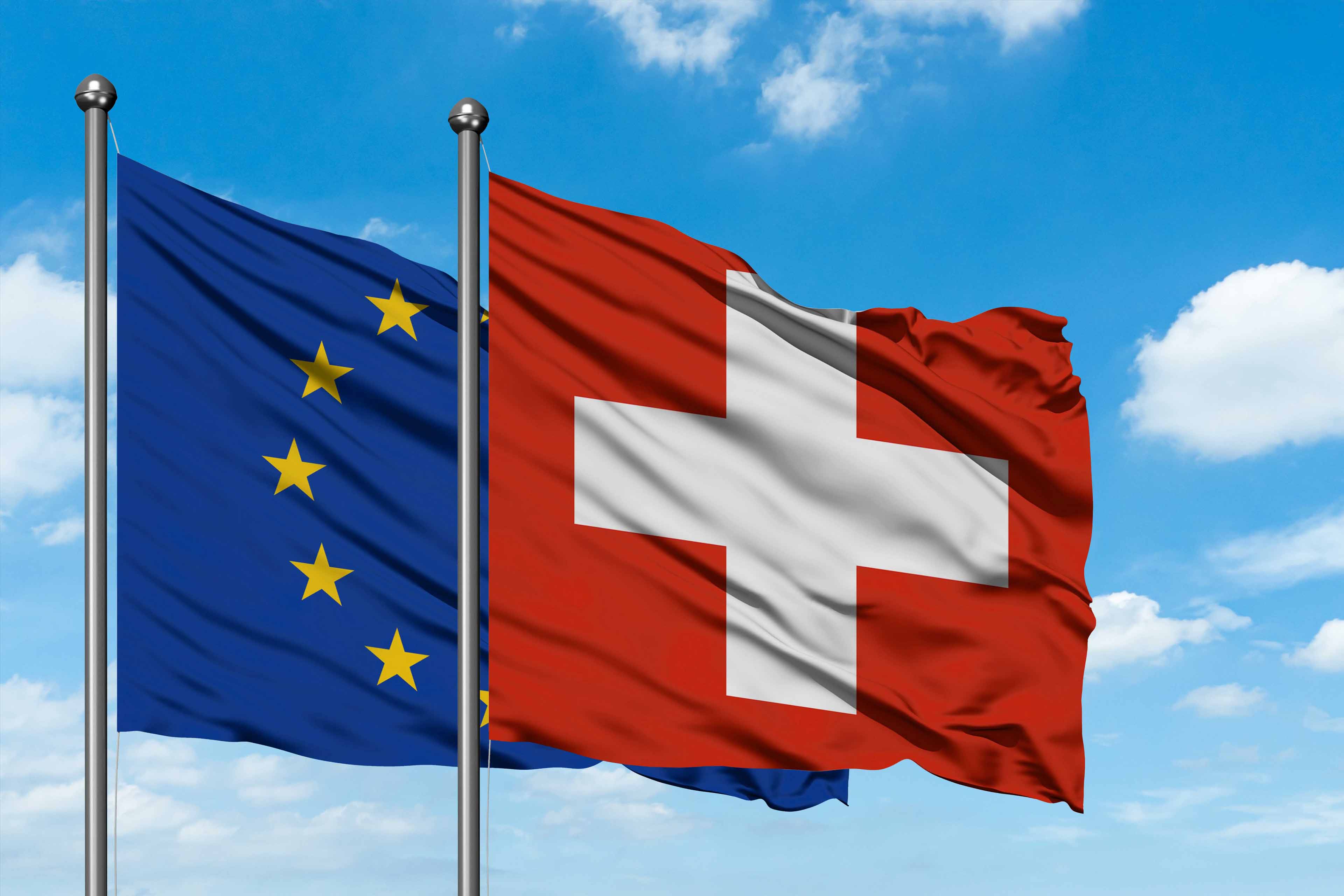EY refers to the global organization, and may refer to one or more, of the member firms of Ernst & Young Limited, each of which is a separate legal entity. Ernst & Young Limited is a Swiss company with registered seats in Switzerland providing services to clients in Switzerland.
How EY can help
-
Our CCaSS teams can help guide your organization through ESG reporting and support it with limited and reasonable assurance. Find out how.
Read more -
Our Sustainable Finance teams can help you determine your sustainability reporting strategy and comply with deadlines including CSRD. Find out more.
Read more
Does the value of sustainability reporting change?
For some companies, sustainability reporting will become a voluntary activity, but they will still have to meet the expectations of a broad range of stakeholders, including customers, investors, affected communities and company boards. This could result in additional value, such as lower impacts from better managed sustainability risks, higher returns from seized opportunities and stronger market positioning through enhanced trust from stakeholders. In the long run, simplification could facilitate more material disclosures, demonstrating how sustainable businesses are generating market opportunities. Logically, this should also help providers of sustainable finance to deploy finance and capital in line with a just sustainable transformation.
Potential impacts of the changes
If the proposed simplifications can be agreed upon and effectively implemented, this first Omnibus has the potential to reduce compliance costs for businesses around the globe. It seems clear that the EU’s goal is to change the path toward sustainability, but not to reduce the ambition for achieving the transition. However, it is important for companies to recognize that, despite the European Commission’s call for swift action, these proposals will take time to navigate through the EU institutions and Member States and may see further significant changes before they can be finalized, transposed and implemented.
Thus, EY recommends that companies work on so-called “no-regret” actions: these are actions that are aligned with your sustainability priority agenda and with priorities defined during the double materiality assessments conducted (if done so). Refer to the next sub-chapter for a more in-depth description of “no-regret” actions.
For Swiss companies specifically, the Omnibus means that the Swiss law (Swiss Code of Obligations article 964 para. a-c) is likely not to change until further clarity is provided by the EU1 and the “Stop the Clock” Directive (EU) 2025/794 will give Swiss companies that are due to report based on the CSRD reporting requirements in 2026 and 2027 (so-called wave 2 and 3 companies) additional time to prepare for CSRD-conform reporting.









